123rf
In our digitally connected world, public Wi-Fi networks are a boon, offering internet access on the go. However, they are also hotspots for cyber threats. As we increasingly rely on these networks for daily activities, understanding the risks and knowing what not to do is crucial. Here are 14 key things to avoid when using public Wi-Fi, to keep your digital life secure.
1. Avoid Accessing Sensitive Information
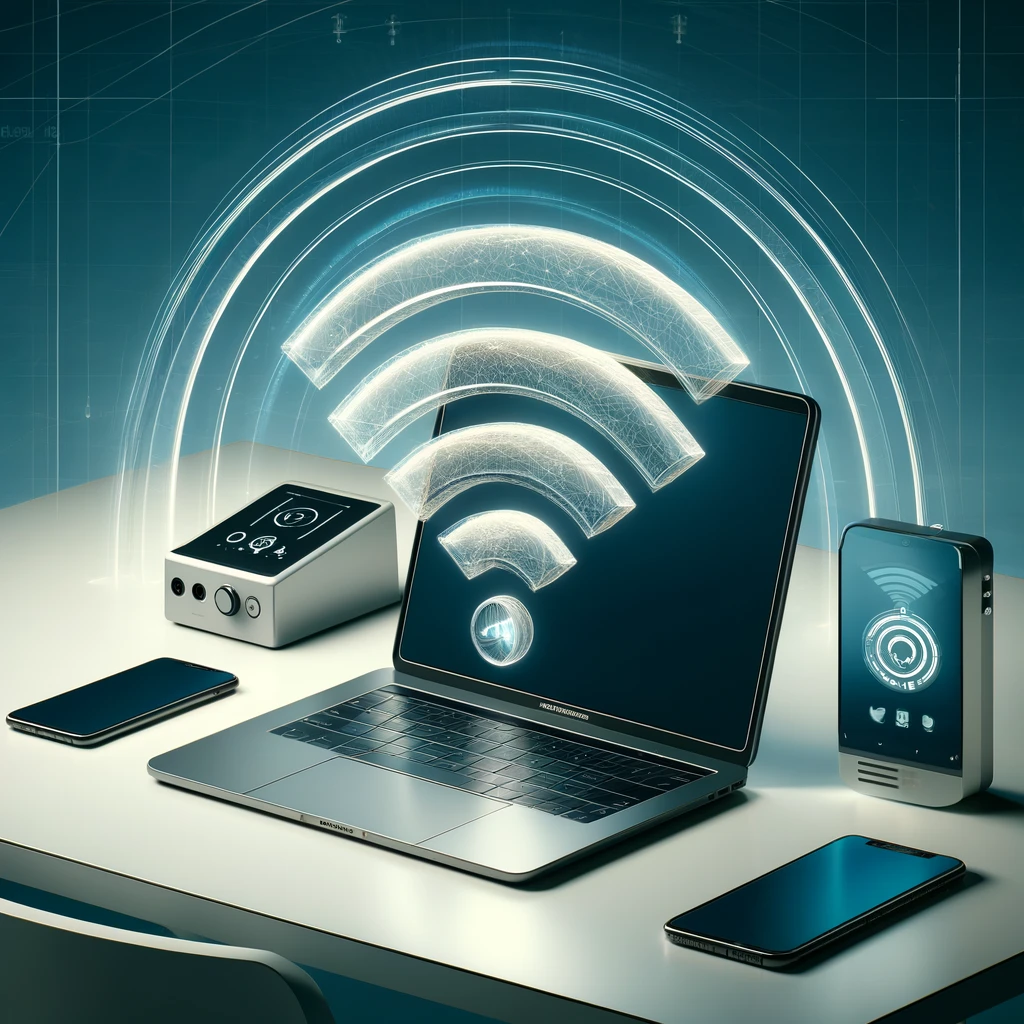
DALL-E
When connected to public Wi-Fi, refrain from accessing sensitive information like bank accounts or personal identification details. Cybercriminals often use unsecured networks to intercept data. Even mundane activities, such as checking bank balances, can expose your financial data to risks.
Consider the nature of the website and the information you’re sharing. If it’s something you wouldn’t want a stranger to see, it’s best not to access it on public Wi-Fi.
2. Don’t Ignore Security Warnings
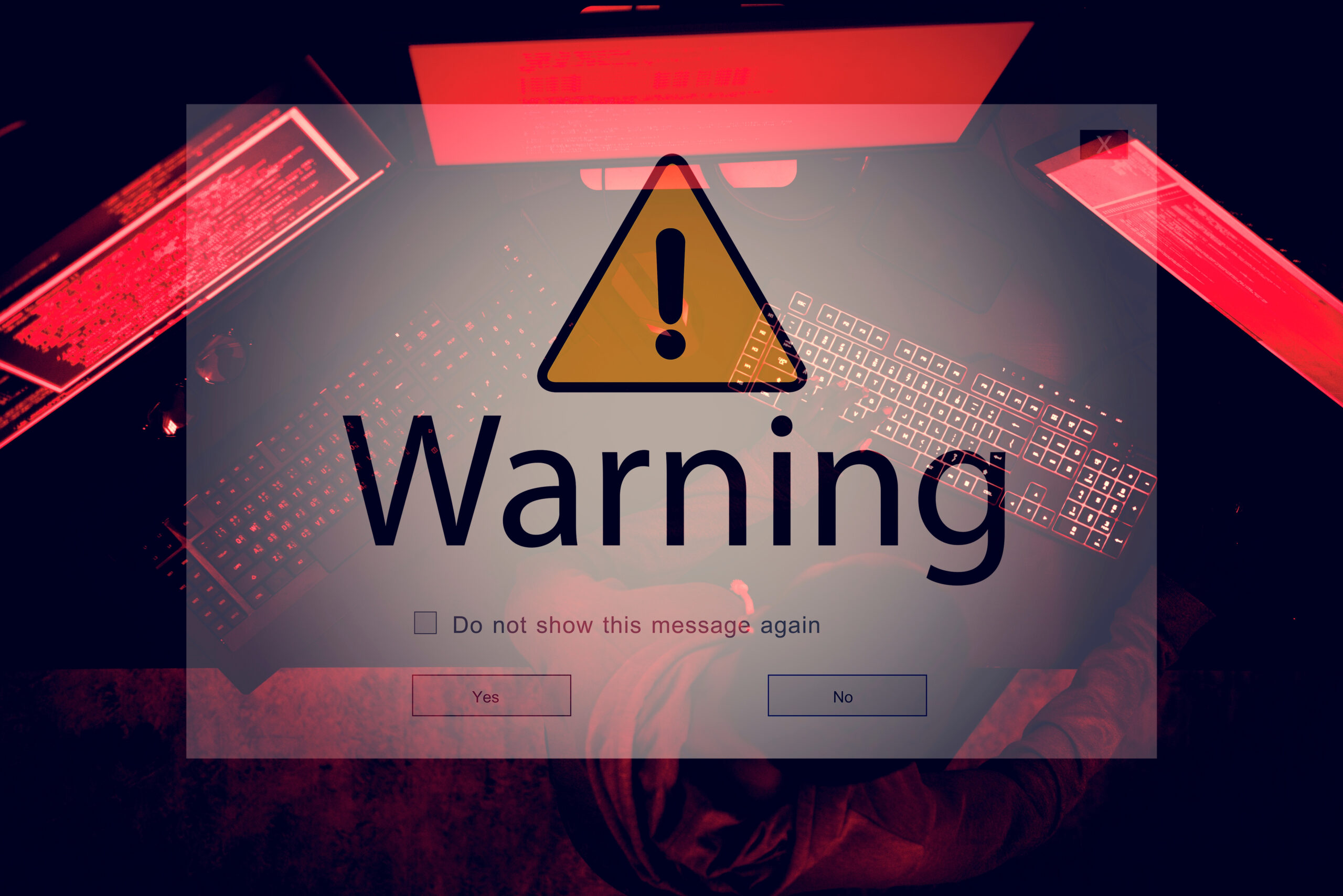
123rf
Your device may show security warnings when connecting to a new network. These are easy to dismiss but crucial for your safety. They alert you to potential security weaknesses in the network, like outdated encryption.
Always read and heed these warnings. They are the first line of defense against potentially insecure or compromised networks.
3. Avoid Logging into Personal Accounts
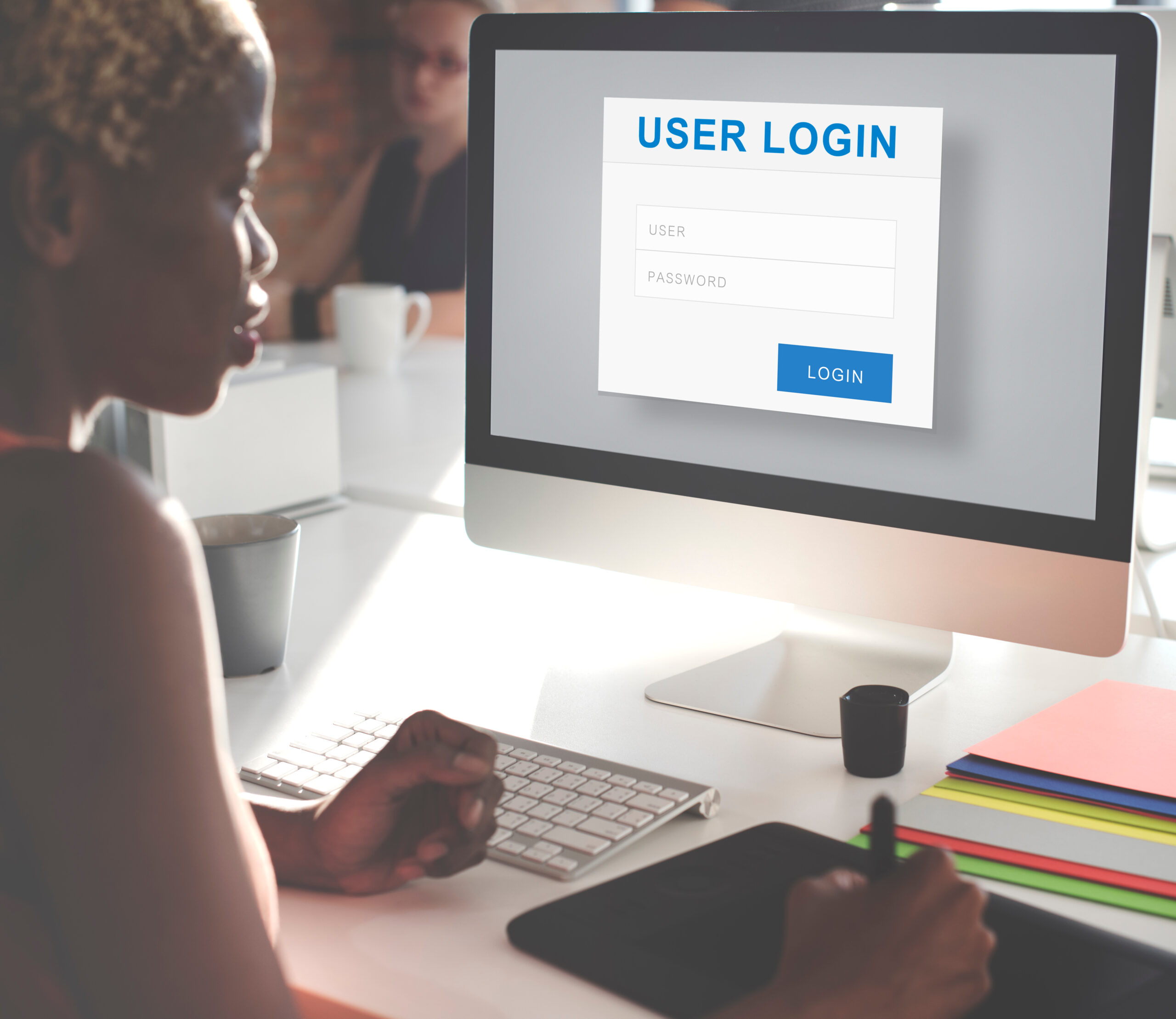
123rf
Logging into personal accounts, like email or social media, on public Wi-Fi is risky. Hackers can easily capture your login credentials, gaining access to your personal information and correspondence.
If you must access these accounts, use a virtual private network (VPN) to encrypt your data, making it harder for hackers to intercept.
4. Don’t Download or Update Software
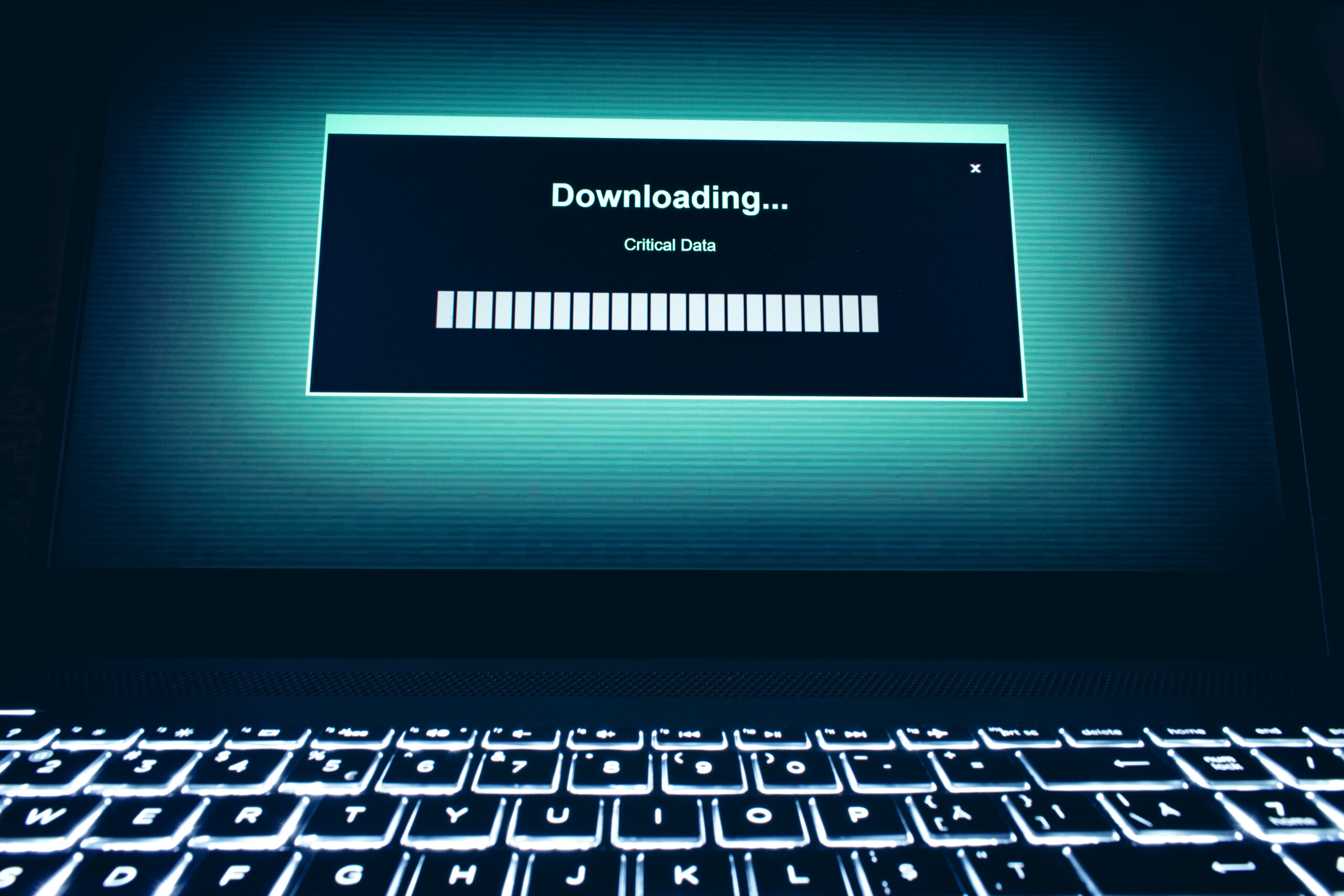
123rf
Downloading or updating software on public Wi-Fi is a major security risk. Not only are these activities data-intensive, but they also can expose your device to malicious software.
Unsecured networks can be gateways for malware, disguised as legitimate updates. Always wait to download or update software on a trusted, secure network.
5. Avoid Online Shopping
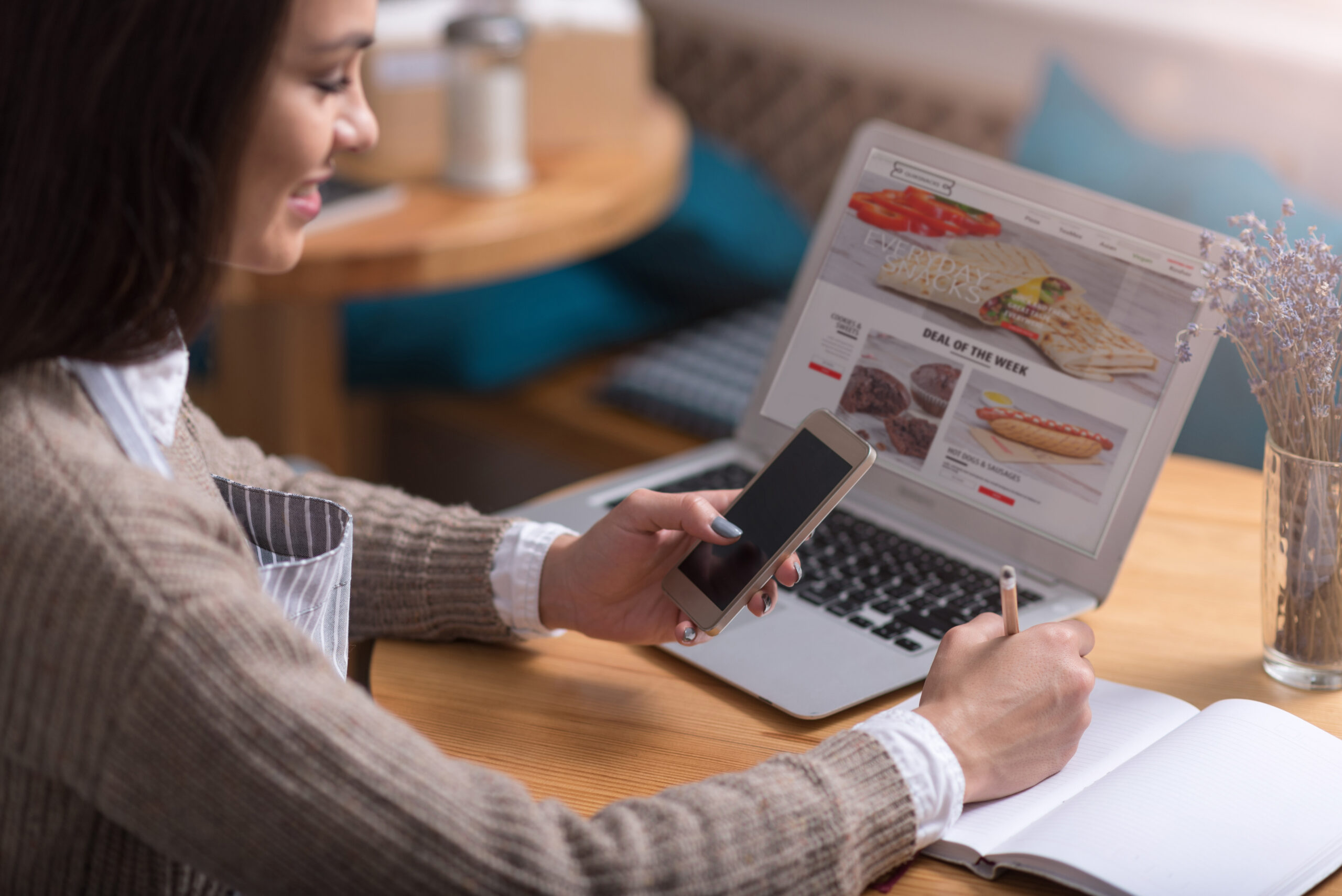
123rf
Shopping online while connected to public Wi-Fi can put your financial data at risk. Entering credit card information on an unsecured network makes it easy for cybercriminals to steal your details.
Save your online shopping sessions for when you’re on a secure, private network, to protect your financial information.
6. Don’t Use Apps That Aren’t Encrypted
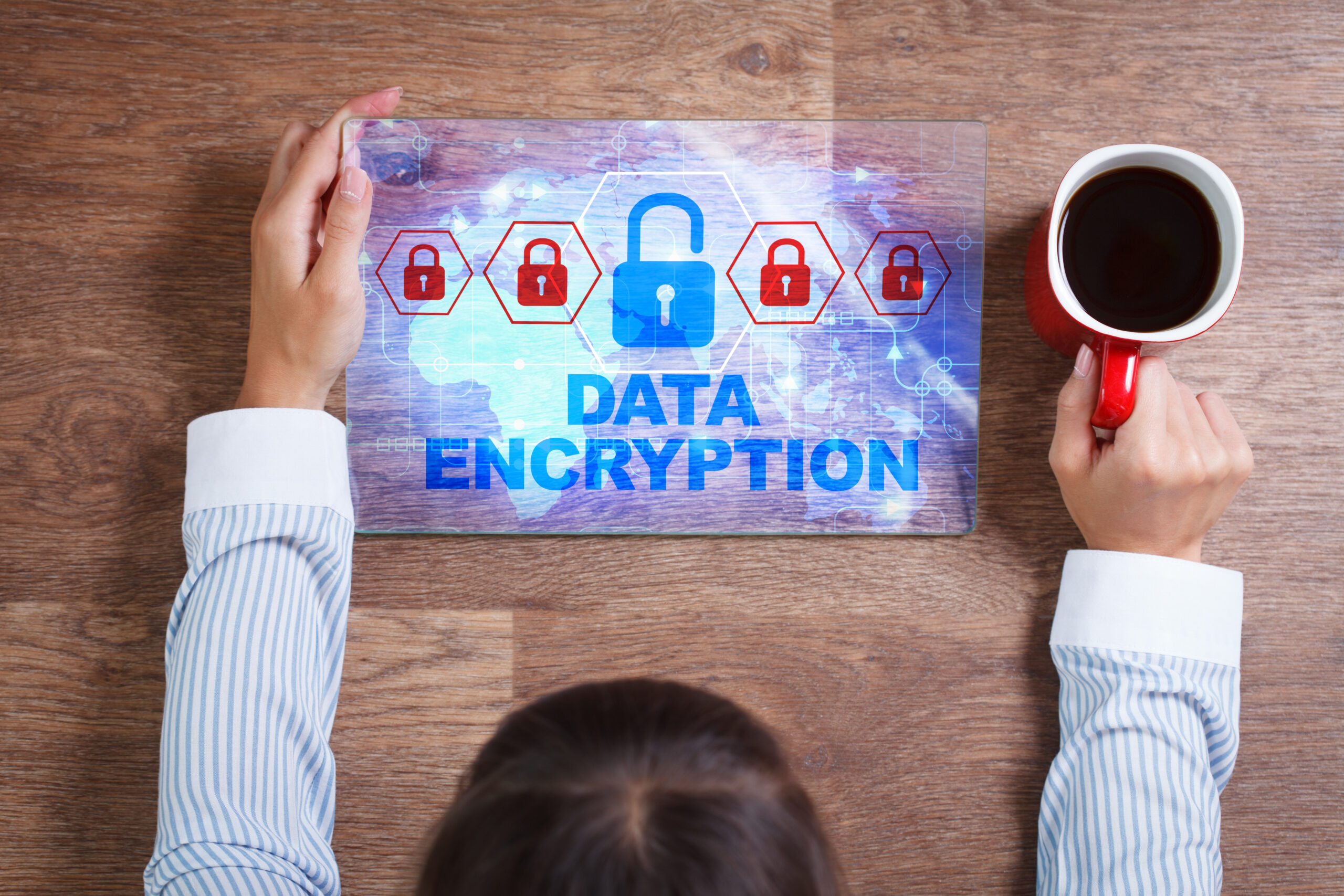
123rf
Using unencrypted apps on public Wi-Fi exposes your data to anyone who might be snooping on the network. These apps don’t provide the security needed to protect the data being transmitted.
Before using any app on public Wi-Fi, ensure it uses end-to-end encryption. This includes messaging apps, email clients, and any platform where data is shared.
7. Avoid Unnecessary File Sharing

123rf
File sharing over public Wi-Fi is an open invitation for cybercriminals to access your device. This includes services like peer-to-peer networks or even your device’s built-in file-sharing settings.
Turn off file sharing in your device settings and avoid using peer-to-peer networks when connected to public Wi-Fi.
8. Don’t Ignore VPN Protections
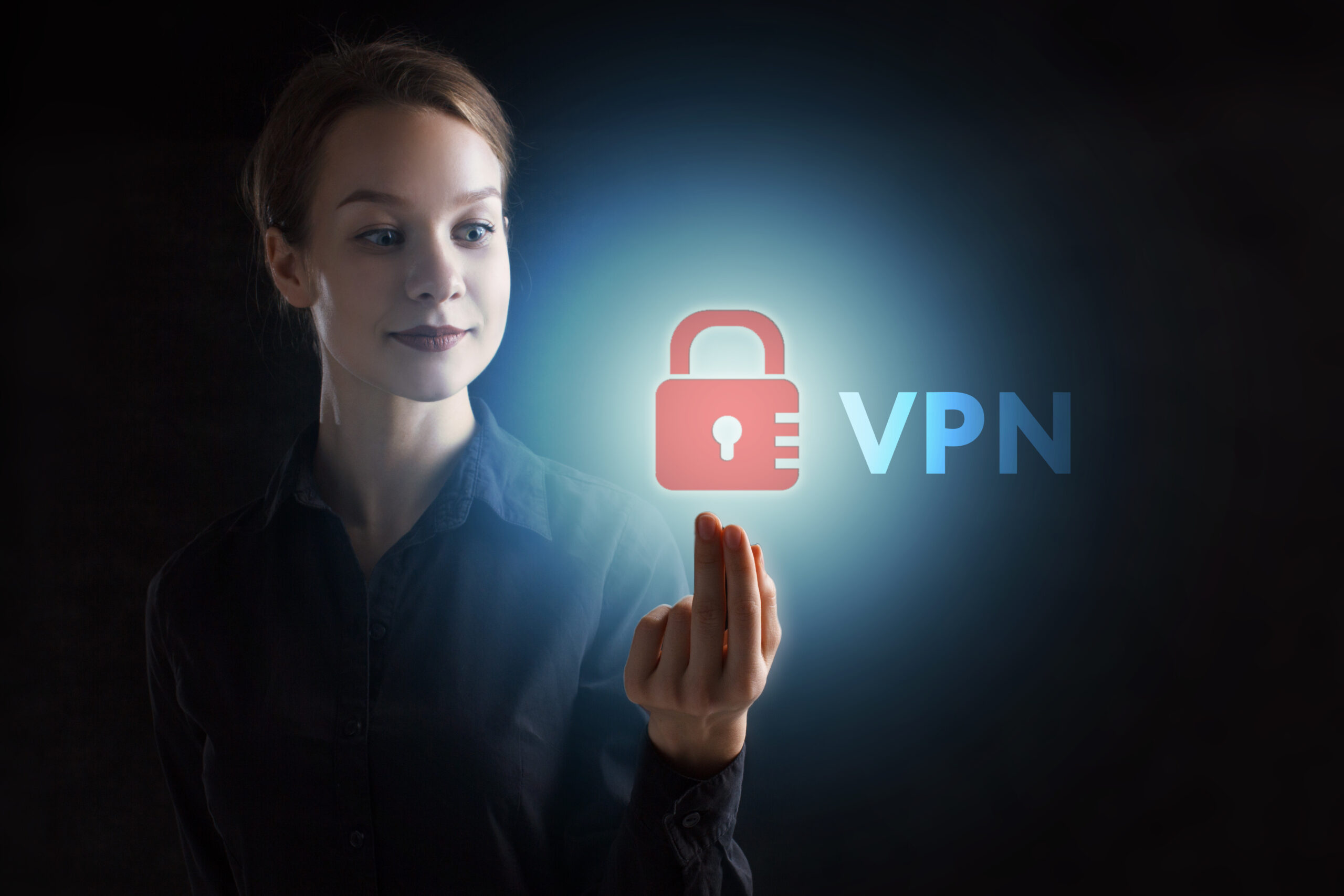
123rf
A Virtual Private Network (VPN) is a powerful tool for protecting your data on public Wi-Fi. However, many people either don’t use one or disable it for convenience.
Always keep your VPN enabled while using public Wi-Fi. It encrypts your data, making it much harder for hackers to access your information.
9. Avoid Sharing Personal Information

123rf
Be cautious about sharing any personal information over public Wi-Fi. This includes details like your full name, address, or date of birth.
Remember, anything you share could be intercepted. Keep your personal details private until you’re on a secure network.
10. Don’t Neglect Device Security

123rf
Keeping your device’s security software up to date is crucial. This includes antivirus software, firewalls, and the latest operating system updates.
These tools are your device’s first line of defense against the threats present on public Wi-Fi networks.
11. Avoid Connecting to Suspicious Networks

123rf
Be selective about the public Wi-Fi networks you connect to. Networks with odd names or no password protection should be avoided.
These could be traps set up by cybercriminals to capture your data. Stick to known networks, like those offered by reputable businesses or public institutions.
12. Don’t Leave Wi-Fi On Unnecessarily

123rf
Leaving your Wi-Fi on when not in use can expose your device to risks. It can automatically connect to networks without your knowledge, putting your data at risk.
Turn off Wi-Fi when you’re done using it, to prevent your device from connecting to insecure networks.
13. Avoid Participating in Sensitive Conversations

123rf
Avoid having sensitive conversations over messaging apps or email when connected to public Wi-Fi. Cybercriminals can intercept these messages, gaining access to personal or confidential information.
Wait until you’re on a secure network before discussing sensitive topics, to protect your privacy.
14. Don’t Overlook Physical Security

123rf
Physical security is just as important as digital. Keep an eye on your device at all times when in public spaces.
An unattended device is an easy target for theft, which can lead to data compromise just as easily as a digital attack.
Public Wi-Fi Networks Come with Significant Security Risks
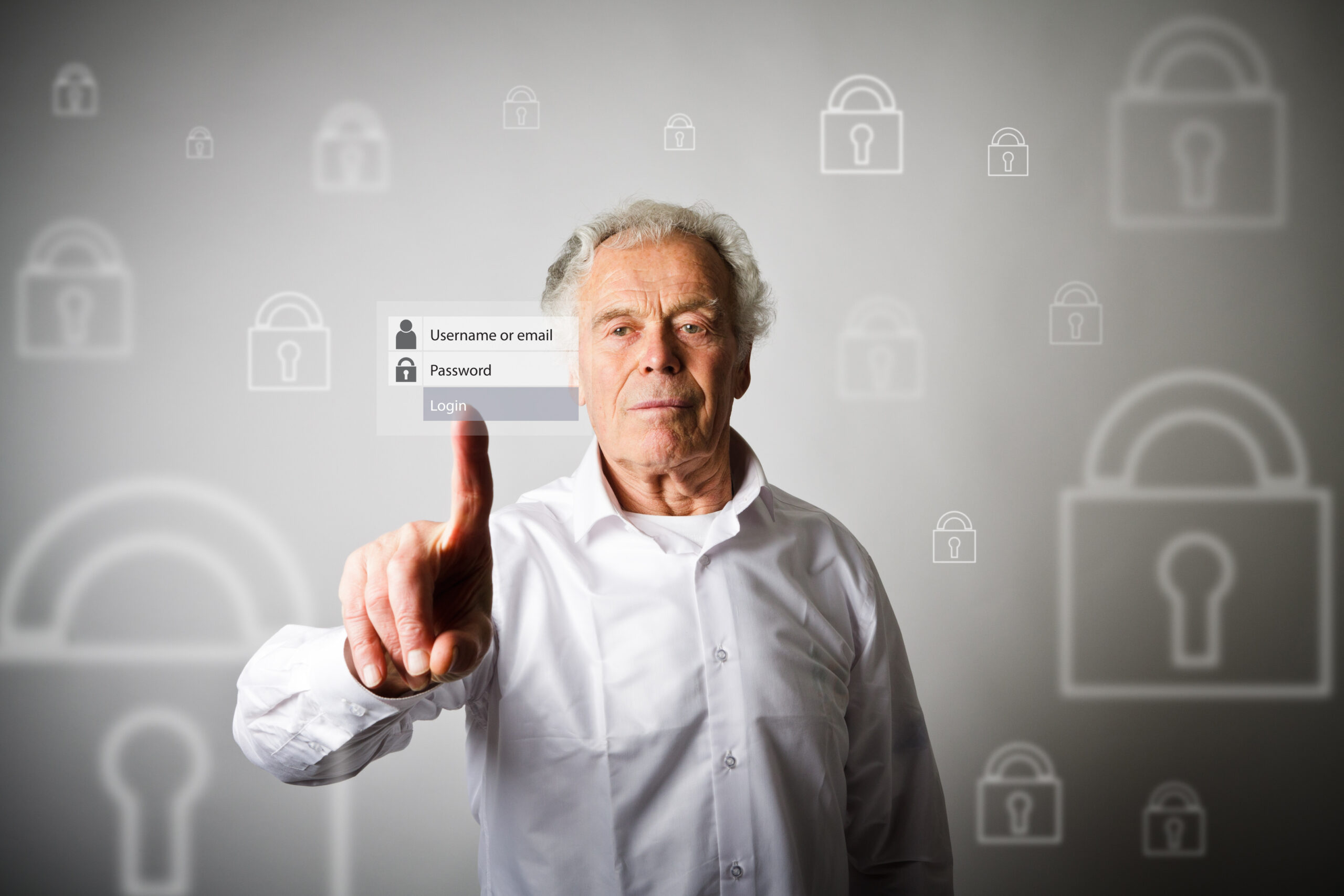
123rf
Public Wi-Fi networks, while convenient, come with significant security risks. By avoiding these 14 common mistakes, you can protect your digital information and maintain a safe online presence. Remember, the key to staying safe on public networks is vigilance and a proactive approach to digital security.
Share this article with friends and family to spread awareness about safe practices on public Wi-Fi networks. Let’s stay connected safely!
The post 14 Things Never to Do on Public Wi-Fi Networks appeared first on The Free Financial Advisor.











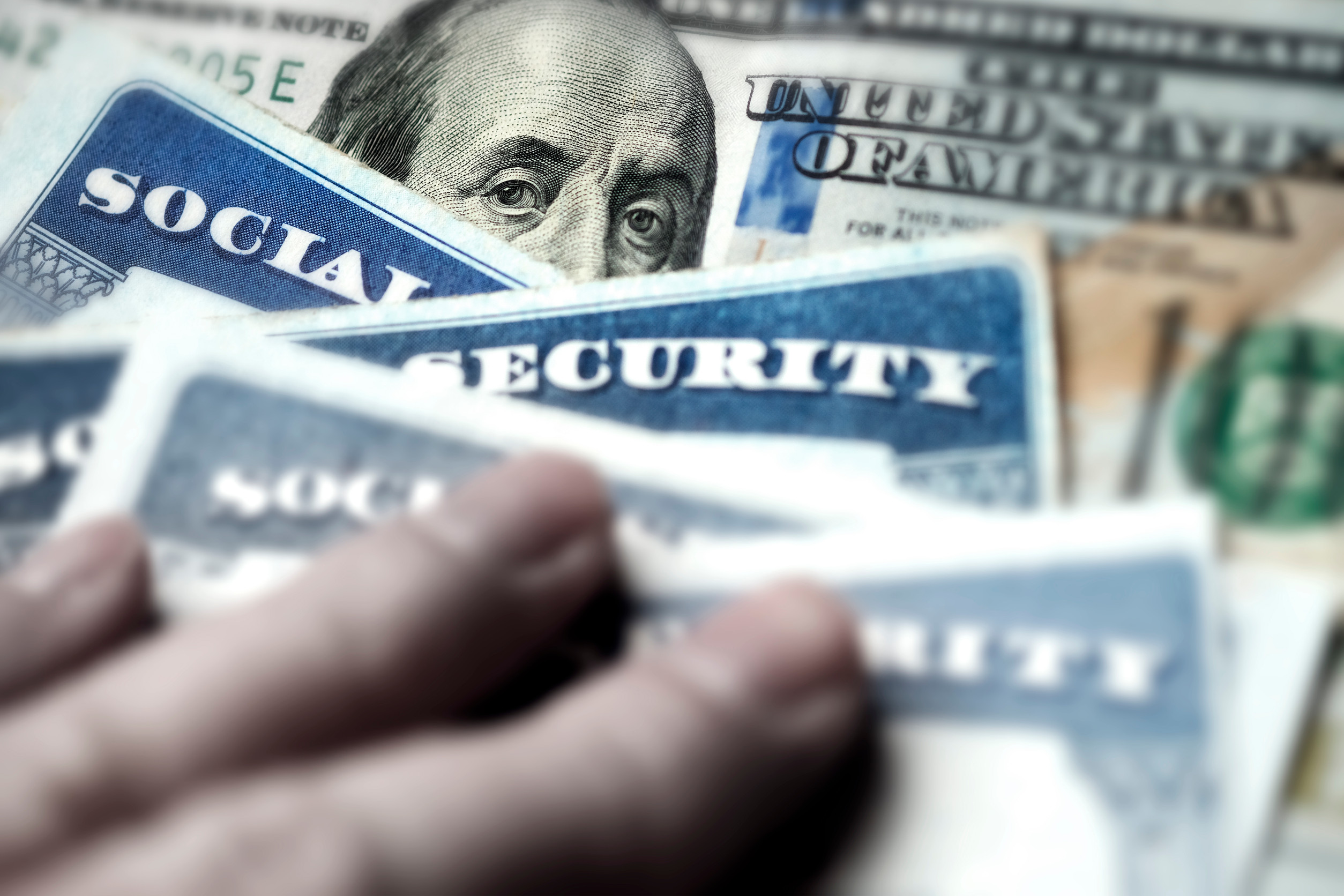


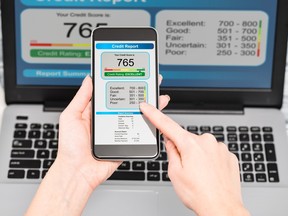





Discussion about this post